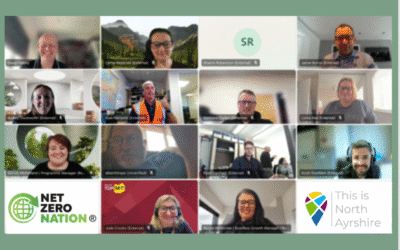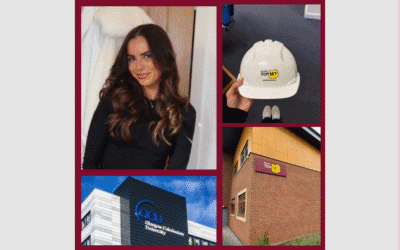Do you put much thought into who should be on your incident investigation team? Is there ever much choice anyway? Does it really matter? Well, in a word, yes. The success of an investigation depends on the effectiveness of the team. You need the right people for the job of investigation, just as you need the right people for the job of building a house. Each person will have his or her unique purpose and perspective in making the whole process work and getting good results.
Deciding who will be on your incident investigation team should happen right before you start, even before planning the first step of your investigation. Here are the five most important factors to consider:
1. Team Leader
The lead of the incident investigation team must manage the individuals, their contributions, tasks and timings. Their skills should be in management rather than being a subject specialist or expert. They also need to manage the logistics and running of the investigation according to the terms of reference and will be the main point of contact for senior management or other interested parties.
2. Team Selection
The team leader may not be responsible for selection, but the aim should be to create a mixed incident investigation team, based on skill sets and abilities, not just personnel availability. It is important to think of functions within the team, for example, you will need a collator to manage all the data and evidence so choose someone who has great attention to detail. If there are particular knowledge gaps in the team, subject matter experts can be consulted where necessary. Try to have at least one non-specialist on the team who can ask questions others may not think of. A gender mix is also something to bear in mind because our differences can benefit this blend of perspectives.
3. Size
Deciding how big the incident investigation team should be depends on the scale of the investigation; it’s not an exact science. Even in the smallest investigation, two heads are always better than one to avoid mistakes and confirmation bias. This is relevant to lower-risk incidents, going up to six plus for high-risk severe incidents where there has been a major injury, loss or even fatality. For most reasonably serious incidents, four to six is optimum. More than this is hard to handle.
4. Personality Type
As well as choosing an incident investigation team of individuals with mixed education and work backgrounds, it’s important to consider personality types in order to tap into people’s differences and strengths to get the best out of your team. This will not only allow for a better process of investigation but a wider scope for your analysis too. It can only help in making the process of investigation as efficient and thorough as possible.
5. Communication
Communication is key in all areas of work, and no more so than in the incident investigation team. From the first step of planning, you need your accident and incident investigators to communicate their ideas equally and be open to those of all others. We must remain open to all possibilities so that ideas are not lost, so listening and keeping an open mind are crucial if we are to find the real root causes.
Once your incident investigation team is in place, it’s time for the next step of planning how and what you need to investigate.



